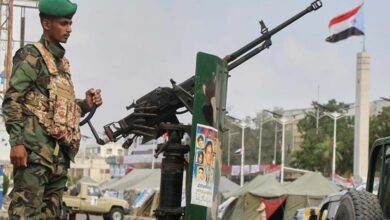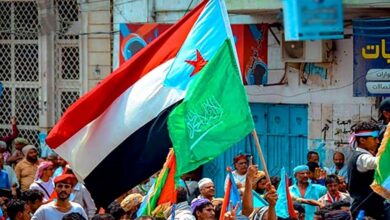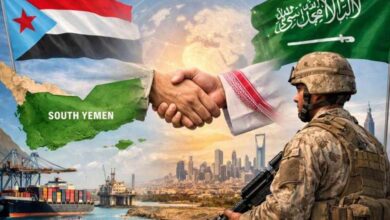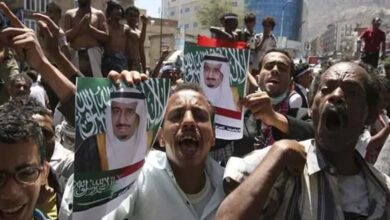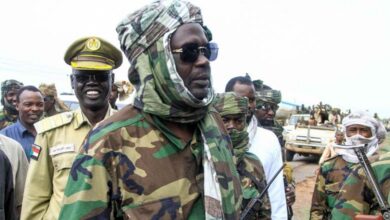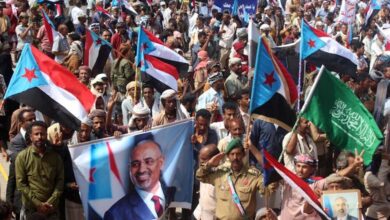The Military and al-Burhan’s Ties to the Islamic Movement: Secret Agreements and New Fronts
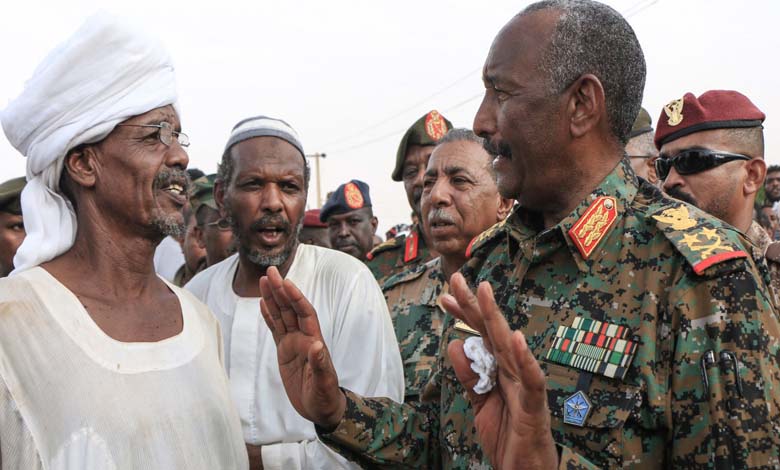
Sudan is witnessing rapid developments that reveal the depth of the connection between the military establishment, represented by Army Commander Abdel Fattah al-Burhan, and the Islamic movement, including the Muslim Brotherhood. As regional and international pressures intensify to end the influence of Islamists and establish a genuine political transition, al-Burhan’s readiness to find alternative ways to keep the Islamic movement active in Sudan’s political landscape is becoming clear. However, these methods involve new fronts and names that conceal the true identity of the movement.
-
Killing Civilians and Looting Aid: Crimes Committed by the Army and the Muslim Brotherhood in Sudan
-
The Muslim Brotherhood in Sudan Seeks to Return to the Scene Through International Conferences… Details
Understandings Between al-Burhan and the Islamic Movement
Several reliable sources and media reports have confirmed that Abdel Fattah al-Burhan has made agreements with the leaders of the Sudanese Islamic movement, allowing them to conduct political and social activities under new banners. One of the names that has emerged is “Popular Resistance,” along with community and civil formations that outwardly advocate for national and religious values, but which, in reality, seek to re-integrate Islamic movement elements within Sudan’s social and political fabric.
These agreements aim to thwart any attempt to isolate the Islamic movement from the political scene, a goal pursued by the forces of change and several influential countries in the Sudanese file. This move also allows al-Burhan to use Islamists as covert allies to support his military position against civilian forces opposed to military rule.
-
Amidst the Crimes of the Muslim Brotherhood in Sudan… The ICC Demands the Disclosure of Bashir and Haroun’s Whereabouts
-
Power Sharing Deals… New Maneuvers by the Muslim Brotherhood in Sudan
The Army’s Connection with the Muslim Brotherhood
Allowing the Islamic movement to return under new fronts definitively confirms the continued connection between the Sudanese army — or at least some of its leadership components — and the Muslim Brotherhood. Despite al-Burhan’s repeated attempts to portray himself as a defender of an independent civil state, his actions on the ground reveal a different reality, as his stance aligns with the Islamists’ agenda to gradually regain influence.
This relationship extends beyond political coordination and into security and financial cooperation, where the army, or elements of it, provides protection and resources to these hidden entities in exchange for their loyalty and support in the struggle against both armed and peaceful democratic forces.
-
Mohamed Al-Samani Al-Insirafi… An agent of the Muslim Brotherhood in Sudan
-
Reasons to classify the Muslim Brotherhood in Sudan as a “terrorist group”
Al-Burhan’s Failure to Honor His International and Regional Commitments
This collusion with the Islamic movement highlights a recurring pattern in Abdel Fattah al-Burhan’s behavior: his failure to honor any commitments made to the international or regional community. After signing several preliminary agreements aimed at transferring power to civilians and dismantling the Islamist system, al-Burhan quickly returns to counter policies aimed at prolonging military and Islamist control over the state’s key institutions.
Previous stages have shown that al-Burhan uses civil rhetoric and promises of reforms only to buy time and ease pressure, with no real intention of implementing them. His agreement with the Islamic movement to operate under new fronts is further proof of his lack of political and ethical commitment to any real democratic path in Sudan.
-
The Brotherhood in Sudan return to the scene… Under the watchful eye and ear of the army!
-
Igniting war and army destruction… New accusations haunt the Brotherhood in Sudan
The continued connection between the Sudanese army and the Islamic movement, including the Muslim Brotherhood, through secret agreements and new fronts represents a serious threat to the future of Sudan’s democratic transition. It sends a clear message to the regional and international community that al-Burhan’s promises are merely temporary tools to allow the Islamic project to rise again under a false national pretext. Therefore, any attempt to support the political transition in Sudan must begin with a decisive and radical separation of the military establishment from the Islamists, or else the country will remain trapped in a cycle of coups and political maneuvering.


